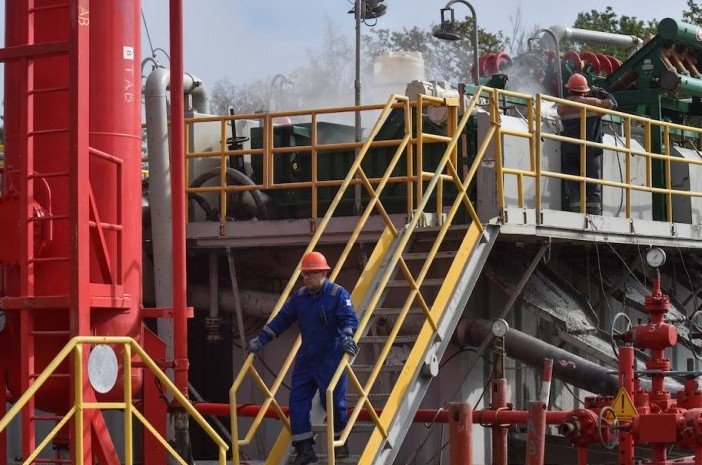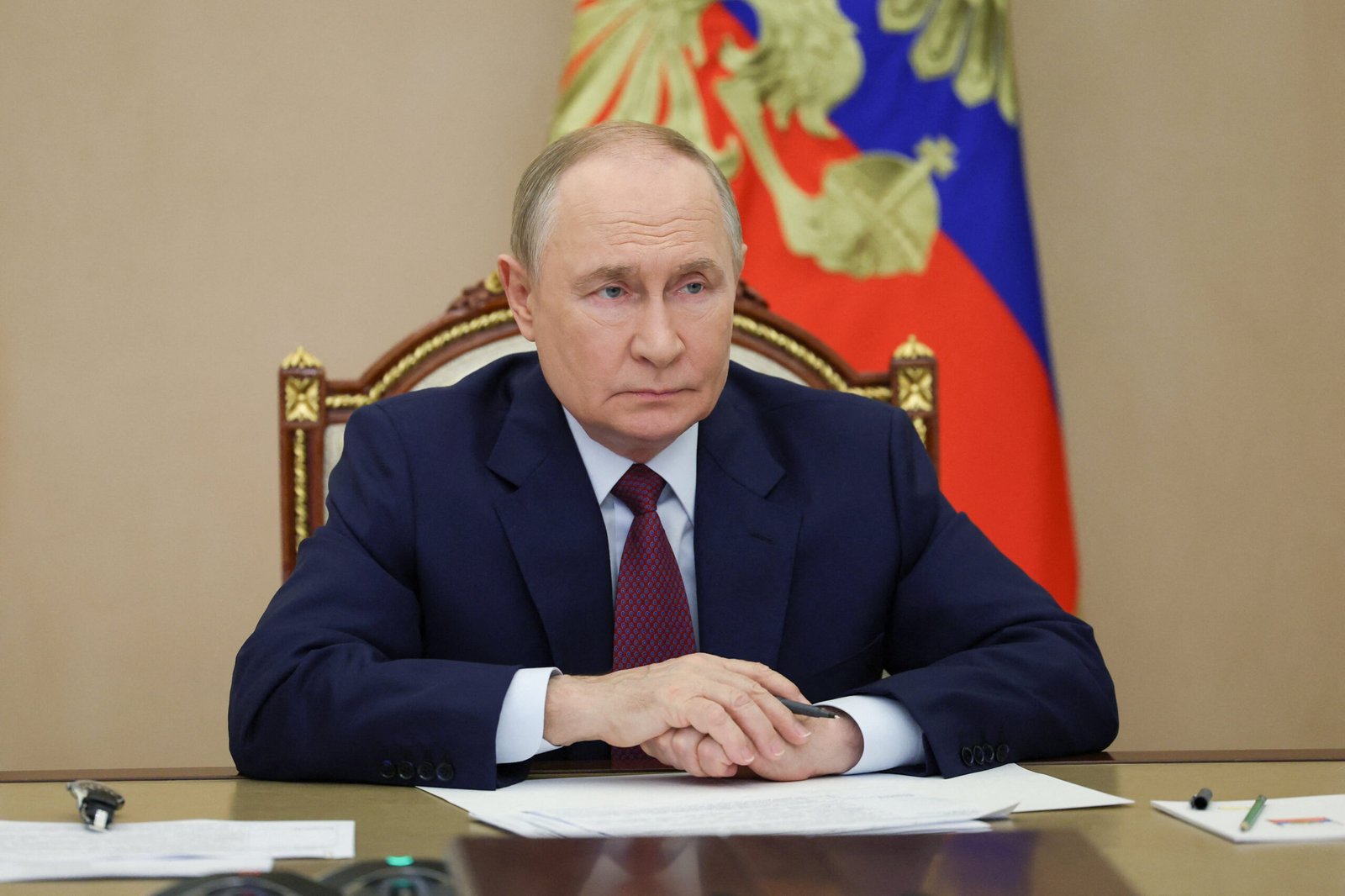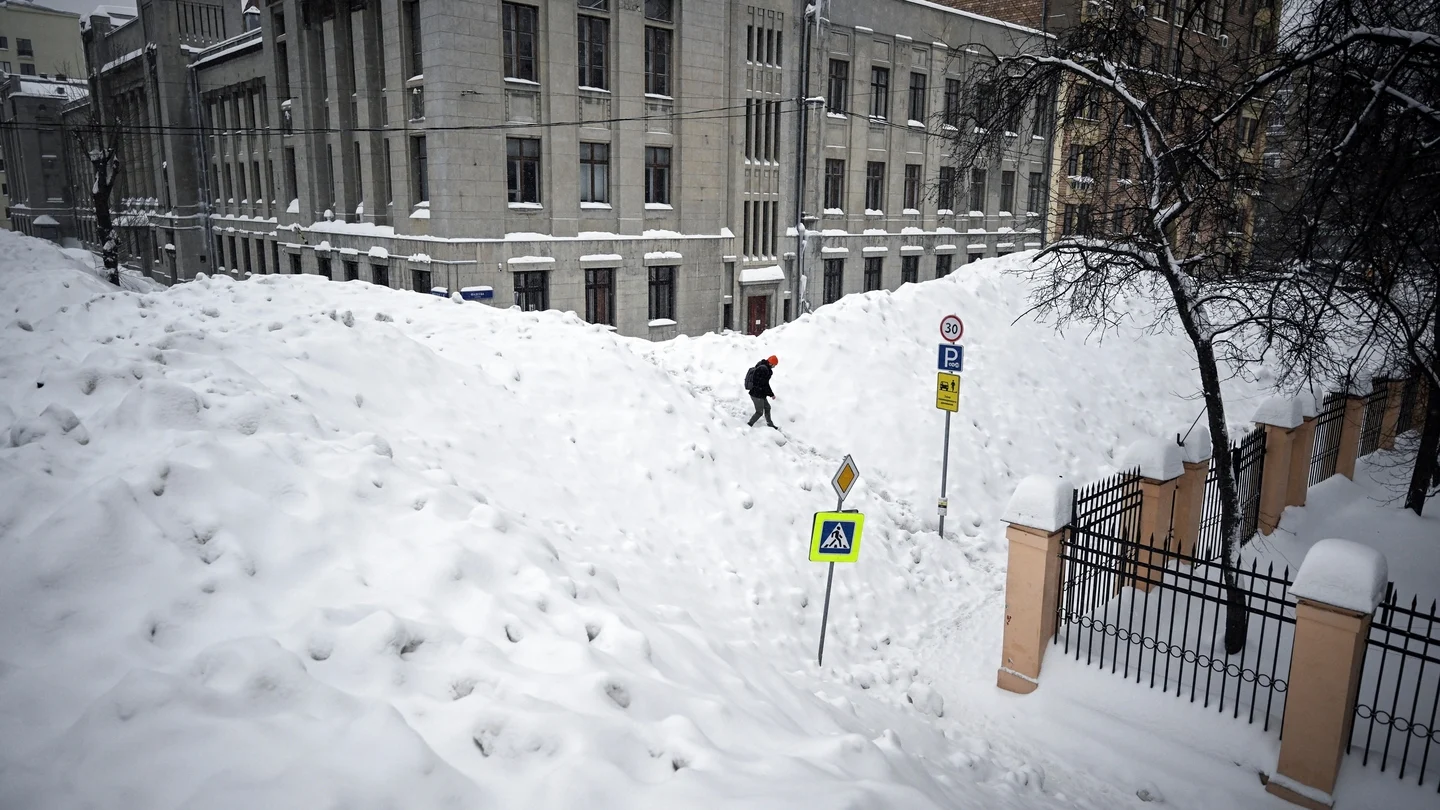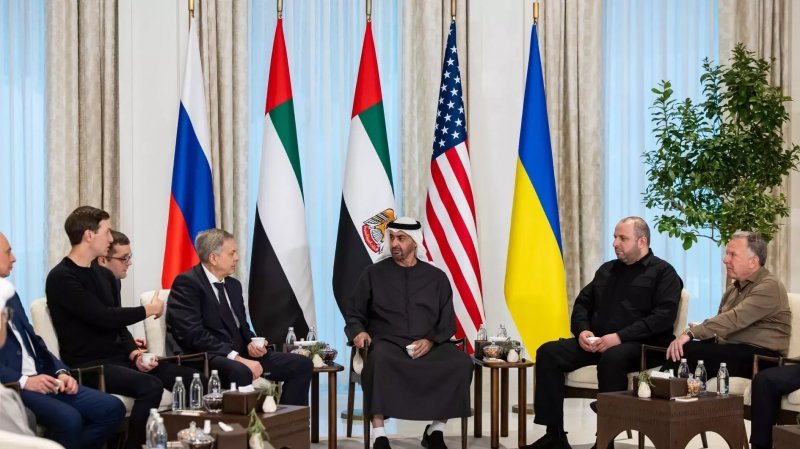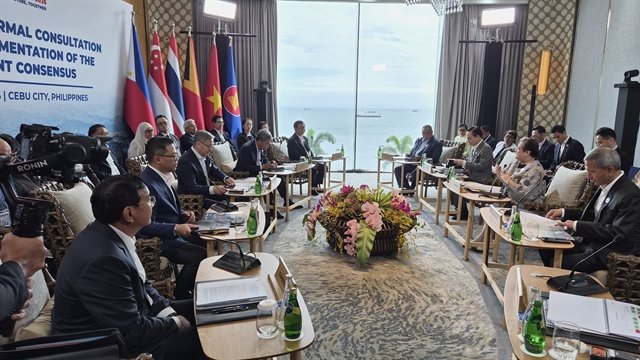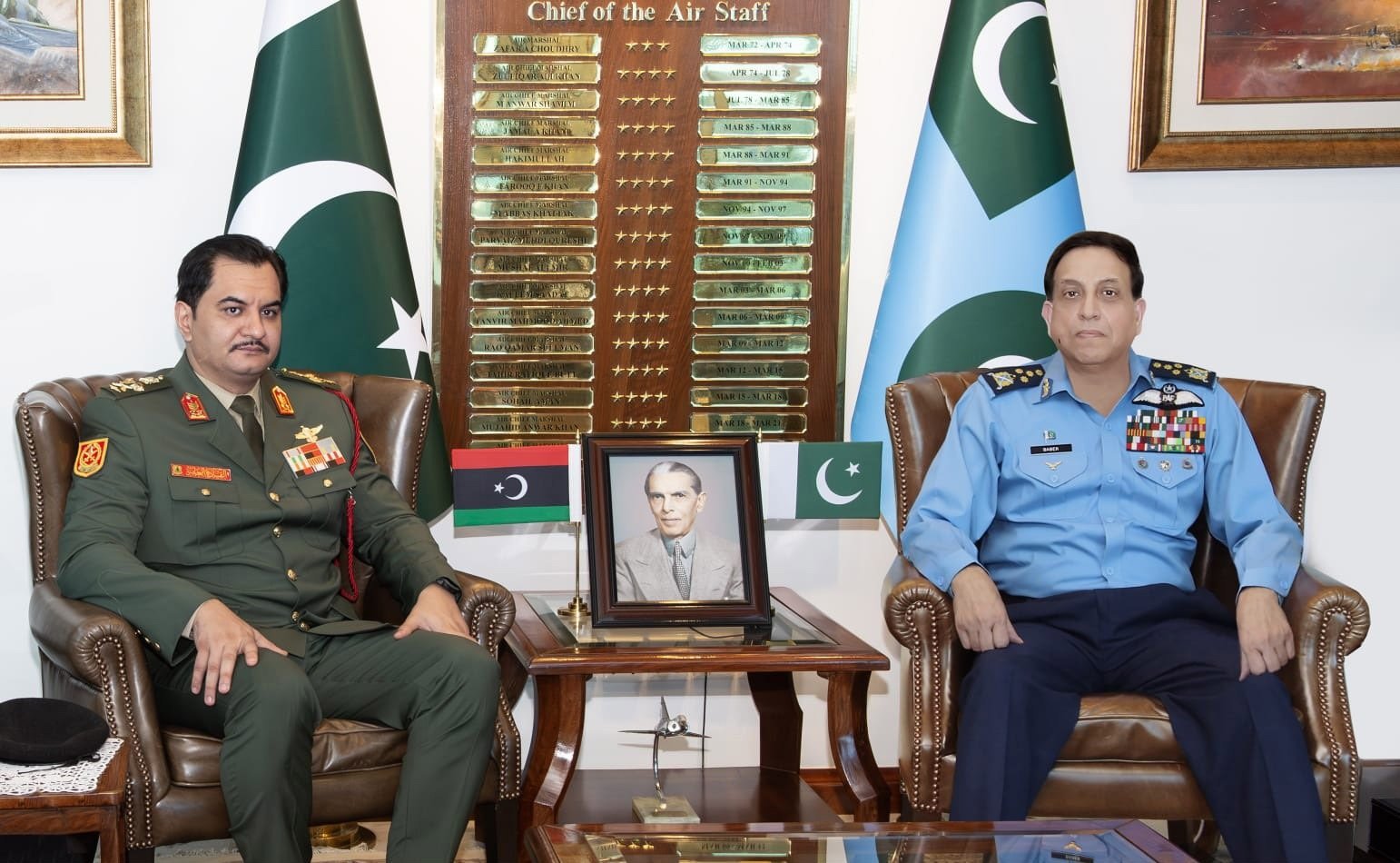Moscow, May 11, 2025 — The Europe Today: General Secretary of the Communist Party of Vietnam Central Committee Tô Lâm and President of the Russian Federation Vladimir Putin witnessed the signing of a series of comprehensive cooperation agreements on the afternoon of May 10 (local time), following high-level talks held at the Kremlin in Moscow.
The two leaders affirmed their commitment to strengthening the Vietnam–Russia comprehensive strategic partnership by overseeing the conclusion of key agreements spanning a wide range of sectors, including education, energy, health, defence, and cultural exchange.
Among the notable agreements signed was a Memorandum of Understanding (MoU) on collaboration between the Voice of Vietnam and the Russian Federal Budget Institution to facilitate the production and dissemination of music, cultural, and educational programmes by the Russian State Musical TV and Radio Centre. An MoU was also inked between the Vietnam National University, Hanoi and the Moscow State Institute of International Relations (MGIMO University), further enhancing academic and research exchanges.
Other significant agreements included:
- A cooperation agreement between the Hồ Chí Minh National Academy of Politics and the Russian Presidential Academy of National Economy and Public Administration.
- An MoU between the Vietnam Vaccine Joint Stock Company (VNVC) and the Russian Direct Investment Fund (RDIF).
- A natural gas sales contract for Block 12/11 signed by Petrovietnam, Zarubezhneft JSC, and Petrovietnam Gas Joint Stock Corporation.
In the field of finance and transport, the Vietnam Airlines Corporation signed a comprehensive cooperation agreement with Russia’s VTB Bank. Additionally, Việt Nam’s Ministry of Science and Technology and Russia’s ROSATOM State Atomic Energy Corporation formalized a roadmap for cooperation in the peaceful uses of nuclear energy for the 2025–2030 period.
Health, legal, and cultural sectors were also represented with the signing of:
- An MoU on biomedical cooperation between the ministries of health of both countries.
- A cooperation programme between the ministries of justice for 2026–2027.
- An MoU on tourism cooperation between Vietnam’s Ministry of Culture, Sports and Tourism and Russia’s Ministry of Economic Development for 2025–2030.
- An intergovernmental agreement on the establishment and operation of a Pushkin Russian language centre.
In a major energy milestone, the two sides signed an intergovernmental agreement to expand cooperation in geological exploration and oil and gas exploitation both on Vietnam’s continental shelf and within Russian territory. This included protocols amending the 2010 and 2016 agreements on continued collaboration through the Vietsovpetro and Rusvietpetro joint ventures, respectively.
On the same day, the Vietnamese and Russian defence ministers signed the Việt Nam–Russia Strategic Partnership Plan in National Defence for the 2026–2030 period. To cap the series of engagements, General Secretary Lâm and President Putin adopted a Joint Statement outlining key directions for the bilateral comprehensive strategic partnership in a new phase of development.
Addressing the media after their talks, President Putin emphasized that the two sides had reached significant consensus on strategic matters, establishing a clear roadmap for elevating the bilateral relationship. He highlighted that the newly signed cooperation documents reflect the breadth and depth of Vietnam–Russia ties across sectors and levels.
General Secretary Lâm echoed this sentiment, describing the discussions as candid, constructive, and grounded in mutual trust and respect. He affirmed that both sides place great value on their time-honoured friendship, which has consistently evolved in the spirit of solidarity and mutual benefit. He also noted that the leaders exchanged views on pressing international and regional issues, affirming shared principles such as respect for national sovereignty, non-interference in internal affairs, and support in multilateral forums.
Both sides committed to further intensifying their comprehensive strategic partnership in the coming years through concrete, mutually beneficial initiatives, underlining their vision for long-term cooperation that contributes to regional peace, stability, and development.

